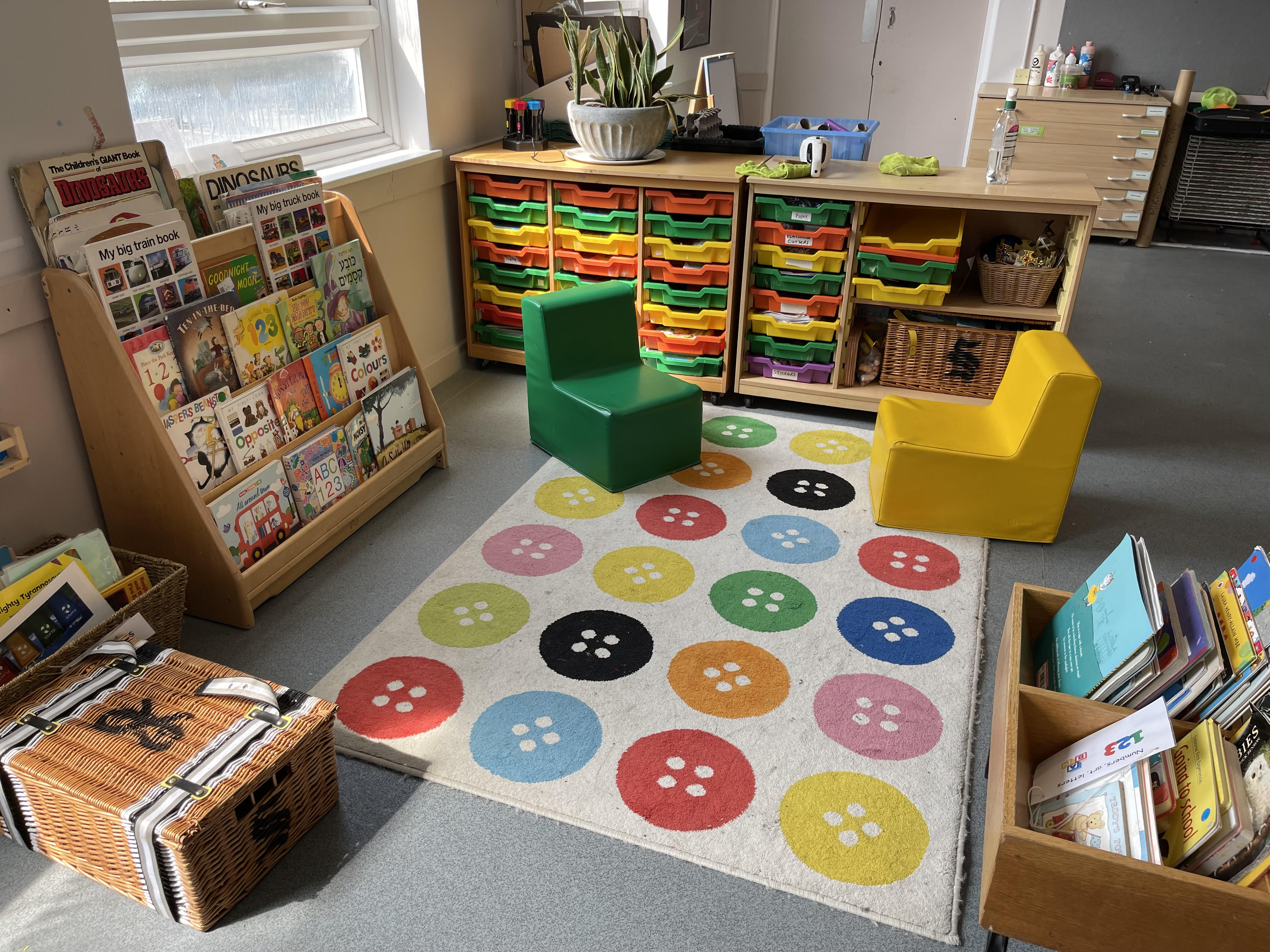Starting nursery is a big milestone for both you and your child. It’s a time filled with excitement, new experiences, and yes, sometimes a bit of anxiety. Separation anxiety is a common challenge for many children (and parents!) as they adjust to spending time apart. But with the right strategies and a positive mindset, you can help your child feel more comfortable and confident as they settle into their new environment.
Understanding Separation Anxiety
Separation anxiety is a natural and normal stage in a child’s development. It typically occurs in babies and toddlers when they begin to understand the concept of object permanence—the idea that people and things still exist even when they’re not visible. This realization can lead to distress when a child is separated from their primary caregivers.
While it can be hard to see your little one upset, separation anxiety is actually a positive sign that your child has a healthy attachment to you. The key is to gently support them through this transition so they can grow to feel secure and independent.
Tips for Easing the Transition
Start with Short Visits
Before the first full day at nursery, try a few short visits together. Spend time exploring the space, meeting the staff, and playing with some toys. Gradually increasing the time your child spends there can help them get used to the new environment without feeling overwhelmed.
Establish a Goodbye Routine
A predictable and loving goodbye routine can provide comfort and signal to your child that you will return. This could be a special hug, a high-five, or a cheerful wave at the door. Whatever routine you choose, keep it consistent to help ease the anxiety of saying goodbye.
Stay Positive and Confident
Children are incredibly perceptive and can pick up on your emotions. If you’re feeling anxious or guilty about leaving, your child may sense it and become more upset. Instead, stay calm and confident, reassuring your child that they’ll have a fun time and that you’ll be back soon.
Bring a Comfort Object
Allowing your child to bring a favorite toy, blanket, or a small item from home can provide a sense of security and familiarity in a new environment. This comfort object can serve as a reminder of home and help soothe them during moments of anxiety.
Talk About Nursery at Home
Engage in positive conversations about nursery while at home. Talk about the fun activities they will do, the friends they will make, and the exciting things they will learn. This helps create anticipation and excitement rather than fear or anxiety.
Practice Separation at Home
Gradually practicing separation in a safe and familiar environment can help your child get used to being apart from you. You could leave them with a grandparent or babysitter for short periods and gradually increase the time as they become more comfortable.
Validate Their Feelings
It’s important to acknowledge your child’s feelings without dismissing them. Let them know it’s okay to feel sad or worried, but also gently reassure them that they are safe and will be okay. Understanding their emotions can help them feel more secure and understood.
Be Patient and Consistent
Adjustment takes time, and every child is different. Some may settle in quickly, while others might need more time to feel comfortable. Be patient with your child and stick to the routines you’ve established. Consistency helps build trust and confidence.
Supporting Yourself as a Parent
It’s not just children who can experience separation anxiety—parents can feel it too. It’s completely normal to have mixed emotions about leaving your child at nursery. Here are a few tips to help you manage your own feelings:
Stay Connected:
Stay in touch with the nursery staff to get updates on how your child is doing. Hearing that they’ve settled in or are engaging in activities can bring peace of mind.
Create Your Own Goodbye Routine
Just as your child benefits from a goodbye routine, so can you. Develop a simple routine to help you feel calm and assured as you leave.
Practice Self-Compassion
It’s okay to feel emotional or anxious about this transition. Be kind to yourself and remember that it’s a normal part of parenting.
Focus on the Positive
Remind yourself of the benefits of nursery for your child, such as socialization, learning, and developing independence. This can help shift your focus from worry to the positive aspects of this new chapter.
The Bigger Picture: Independence and Growth
Remember, helping your child settle into nursery is the first step in fostering their independence. It’s a process that allows them to develop important life skills, such as socializing, problem-solving, and adapting to new situations. By supporting them through this transition, you’re helping to build a strong foundation for their future growth and confidence.
In time, nursery will become a familiar and enjoyable place for your child—a place where they learn, make friends, and have fun. And you’ll find comfort in knowing that you’ve helped them take this important step with love, patience, and understandin.
Settling into nursery is a journey for both you and your child. With the right tools and mindset, you can make this transition smoother and set the stage for a positive and enriching experience.
